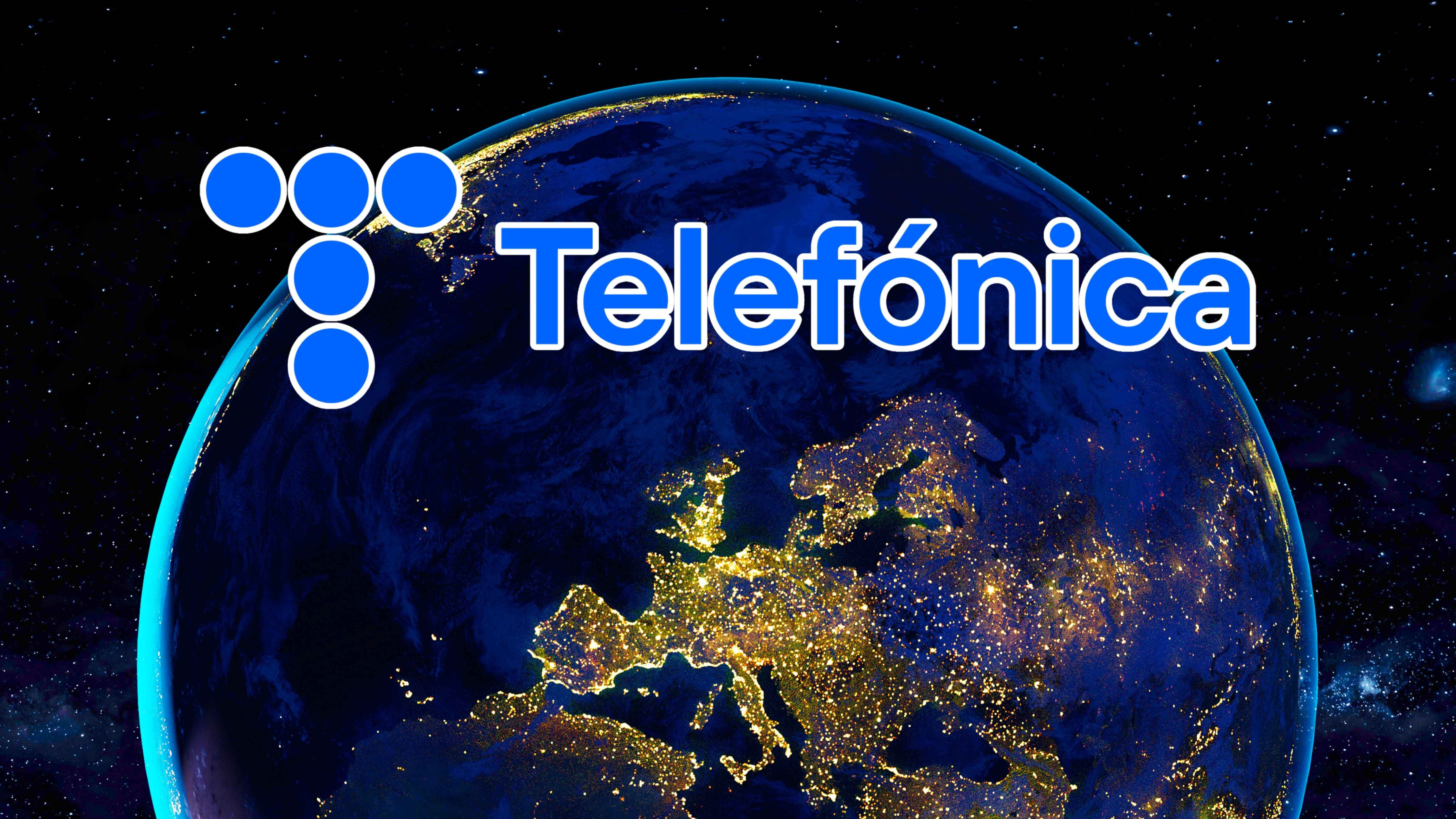Itaú Asset Management partner Renato Eid has advised investors to consider allocating between 1% and 3% of their portfolios to Bitcoin. The recommendation, described as a measured approach, aims to strike a balance between diversification benefits and protection against currency weakness.
As head of beta strategies at Brazil’s largest private bank, Eid stressed the importance of a long-term perspective rather than attempting to time market cycles. Bitcoin, in his view, should function as a complementary asset rather than a central holding in a portfolio.
The guidance highlights explicitly Itaú’s BITI11 fund, a Brazilian-listed Bitcoin ETF that began trading on the B3 exchange in 2022 through a partnership with Galaxy Digital. The fund currently manages about $115.6 million and offers regulated exposure to Bitcoin for local investors.
Brazil’s currency volatility supports the case, with the real hitting record lows in December 2024 before partially recovering. Eid linked the strategy to Itaú Unibanco’s wider crypto expansion and increasing acceptance of crypto allocations among central global banks.
Would you like to learn more about AI, tech and digital diplomacy? If so, ask our Diplo chatbot!










